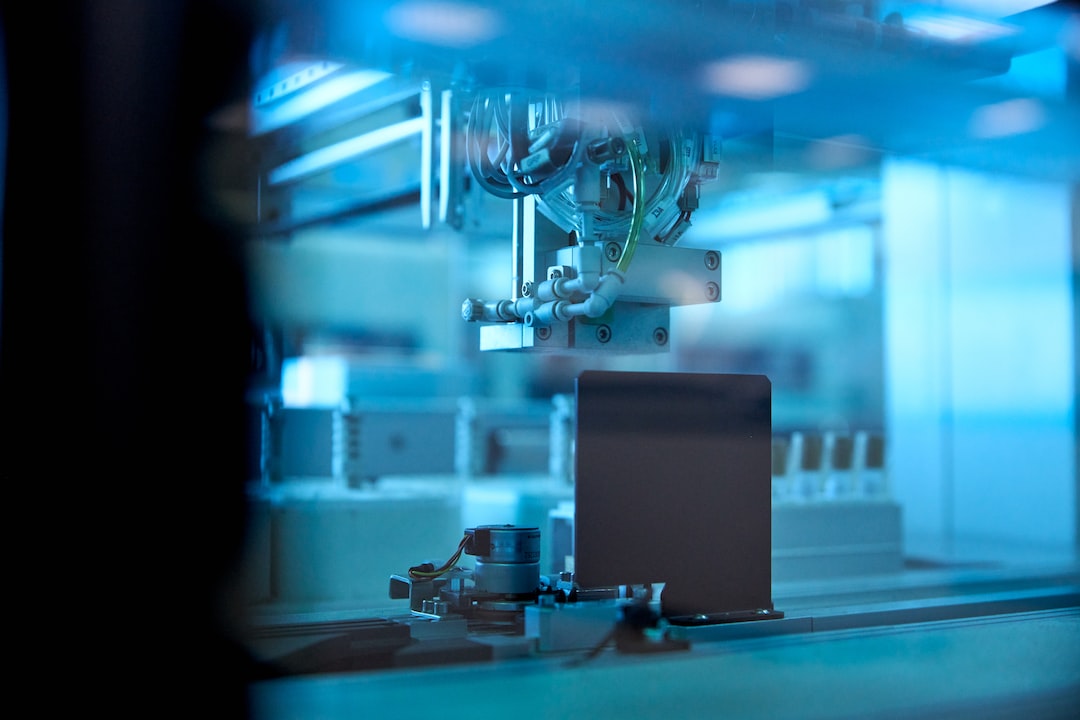With the rise of innovation and technology, companies have increasingly been looking for ways of ensuring the authenticity of their products. One solution that has proven effective over time is blockchain. This technology has been increasingly adopted globally, given its potential to reduce fraud and counterfeiting, particularly in supply chain management.
Supply chains, regardless of the sector, are multi-layered and complex. Inconsistencies in the supply chain can lead to counterfeit products entering the market, causing a significant threat to brand reputation and significant financial losses. Blockchain technology is introducing a new era in supply chain management by providing a secure, transparent, and tamper-proof channel for keeping track of all transactions in the supply chain.
Blockchain is a decentralized digital ledger that records all transactions in a network. The technology enhances transparency since all records are open to all network participants, and once a transaction is registered on the blockchain, it cannot be altered or erased. This unique feature makes blockchain an ideal tool for ensuring authenticity in the supply chain since every product can be traced back to its point of origin.
With blockchain technology, companies can track a product’s authenticity from raw materials, through production, transportation, storage, and distribution. All information about each transaction is time-stamped, encrypted, and securely stored on the blockchain, ensuring that no data can be tampered with. This means that customers have the assurance that the products they buy are genuine, and companies can protect themselves from fraudulent activities such as counterfeit goods.
Moreover, blockchain technology introduces a new level of trust in supply chains. Blockchain provides increased accountability and transparency throughout the supply chain, which is essential in today’s world, given the rise of ethical and environmental concerns. Blockchain technology allows the integration of data from various sources, reducing the potential for miscommunication or misunderstandings when suppliers, producers, and distributors work across geographical locations.
Blockchain technology is beneficial in fighting against product counterfeiting in luxury goods, pharmaceuticals, electronics, and other sectors that are frequently targets of counterfeiters. These sectors require strict controls to comply with industry regulations and specific legal requirements. Blockchain technology can provide transparency, accountability, and traceability, enabling companies to show that they comply with these regulations and control the entire supply chain.
In conclusion, blockchain technology is a gamechanger in the supply chain management space. It introduces new levels of security, transparency, and accountability, enabling companies to ensure their products’ authenticity. Blockchain technology benefits all supply chain participants, from producers, transporters to end-users, making it a worthwhile investment for any company looking to ensure the authenticity of its products and protect its brand reputation. As we move into a digital and increasingly globalized world, blockchain is a tool that businesses cannot ignore, given its ability to improve supply chain management and prevent counterfeit goods from entering the market.

